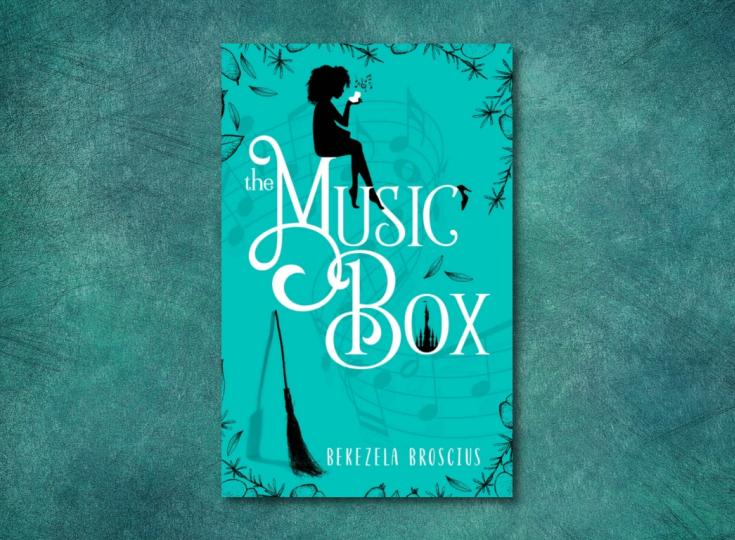Editorial Review: The Music Box by Bekezela Broscius

The Music Box, by Bekezela Broscius, is a story of fifth-grade friendships and class bullies in Zimbabwe.
On the first day of school, Busi is delighted to meet a new classmate, Thabisa. Busi is warm and friendly in general, but she’s especially happy to have a new friend since the class bully started harassing her. Doreen, the class bully, and her mean-girl henchwomen always find ways to torment Busi. Like most bullies, Doreen manages to intimidate other classmates away from Busi and tries to get Busi in trouble with their strict teacher, all while maintaining her plausible deniability around adults.
The class play, Cinderella, may be Busi’s chance to change her identity. Busi hopes to be cast as Cinderella, of course, but so do the rest of the girls in the class. Her worries about doing well, playing scenes with the handsome prince, and memorizing her lines are perfect middle-school themes, and make sweet Busi a relatable heroine. There are some fun and thoughtful moments around the casting, as the girls change roles for various reasons, highlighting different aspects of their personalities. Young readers will enjoy the tension over getting a role, memorizing lines, and the inevitable stage fright nervousness.
Busi’s music box, her most prized possession, was a gift from her dear friend Florence before she moved away. When Busi offers to share her music box as a prop in the class play, she takes an emotional risk.
Busi and Thabisa have a sweet friendship. While they originally bond because of the mean girls and strict teacher, they discover so much more in common outside of school. They share interests and they also share worries about their absent fathers. The friendship feels realistic and warm. When Busi’s grandmother and Thabisa’s mother discover their families are originally from the same area, they greet each other as relatives. While most American fifth-graders may not be able to identify with tribe or homeland relatives, the themes of found family are universal.
The overall story of friendship, family, and self-confidence is engaging for readers of all ages, making this a solid choice for a read-along with a child and a parent (or with an auntie or other adult friend. Caring families in different shapes is a major theme in this novel, too.)
There’s a solid mix of familiar, age-appropriate conflicts from middle-grade fiction, blended with Zimbabwean life that would make this a good choice for young readers becoming more aware of other cultures. Busi struggles with many common concerns. She struggles in math class, especially when she’s called to the board to answer, and she misses her old friend who moved away. Poor Busi’s life is made miserable by the constant harassment of the class bully and her sidekick, but Busi doesn’t know whether the right choice is standing up for herself or just completely ignoring the bully.
The story also leads young readers to a lesson on the value of friendship. Through their friendship, Busi and Thabisa both find what they need, and they’re able to do much more than they could before.




-itok=vcKIB5v1.jpg)
